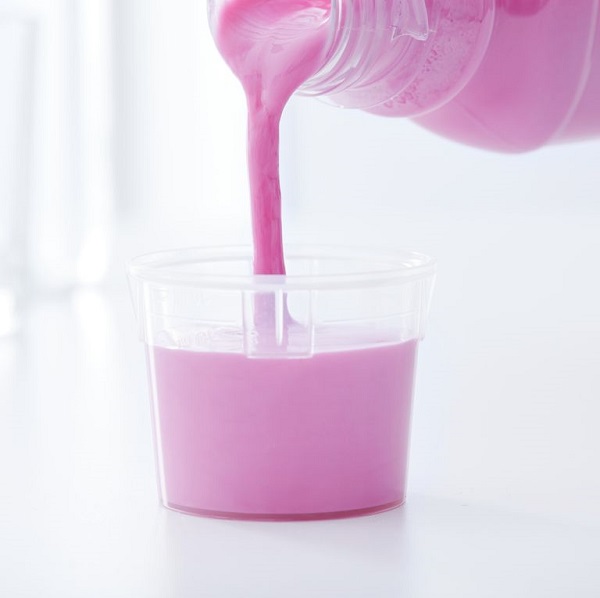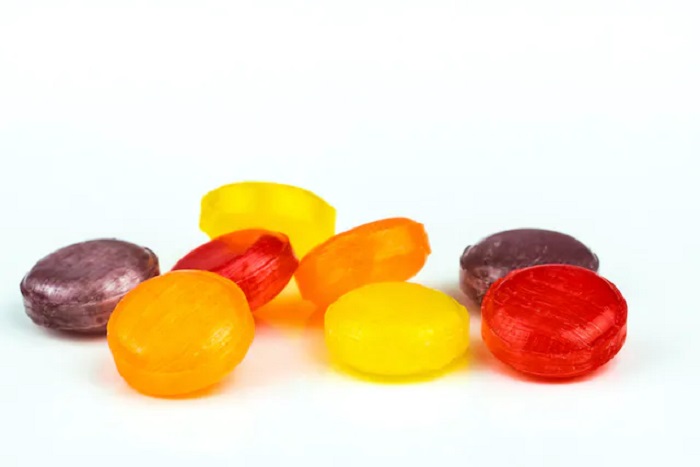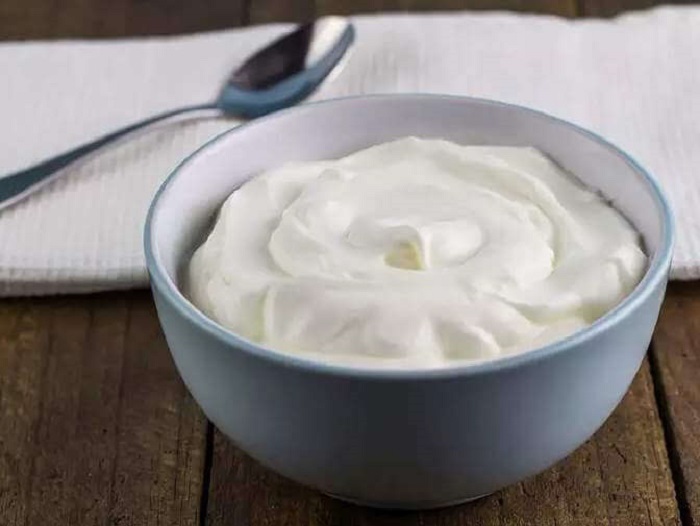5 Use a nasal spray
Advertisement
If allergies cause your cough, Dr. Hanak suggests combining Flonase or Nasonex with a daily allergy medication like Allegra, Claritin, or Zyrtec. “Treating allergy symptoms is a common method of resolving postnasal drip and related cough. This is especially true when a cough is most apparent laying flat or first thing in the morning,” he says. He also mentions that a cough might be seasonal or all year, so paying attention to the timing will help you predict and prevent it.

Img Src: almasryalyoum.com
6 Take heartburn or antacid meds
Advertisement
Dr. Hanak recommends Pepcid, Prilosec, or other antacids to alleviate acid reflux and get rid of your cough. However, if your cough becomes a chronic issue, then some dietary modifications, such as avoiding citrus, chocolate, high-fat foods, onions, and tomato-based food products, and integrating high-fiber foods, such as brown rice, celery, lettuce, melon, oats, and root vegetables, may help. If your coughs are caused by reflux, Dr. Hanak recommends drinking plenty of water and eating small portions of food during meals.

Img Src: thehealthyfeed.net
7 Suck on a lozenge
Advertisement
Another quick and simple home remedy for stopping a cough is a hard candy or a lozenge. Sucking on these hard candies will stimulate saliva production, which increases secretions in the mouth and, as a result, can reduce coughing.

Img Src: colgate.com
8 Probiotics are a good idea
Advertisement
Probiotics can improve gut health, but according to Dr. Hanak, they also have a minor influence on preventing the common cold and reducing coughing. Yogurt and fermented foods like miso and kimchi are high in probiotics.

Img Src: myshoptet.com